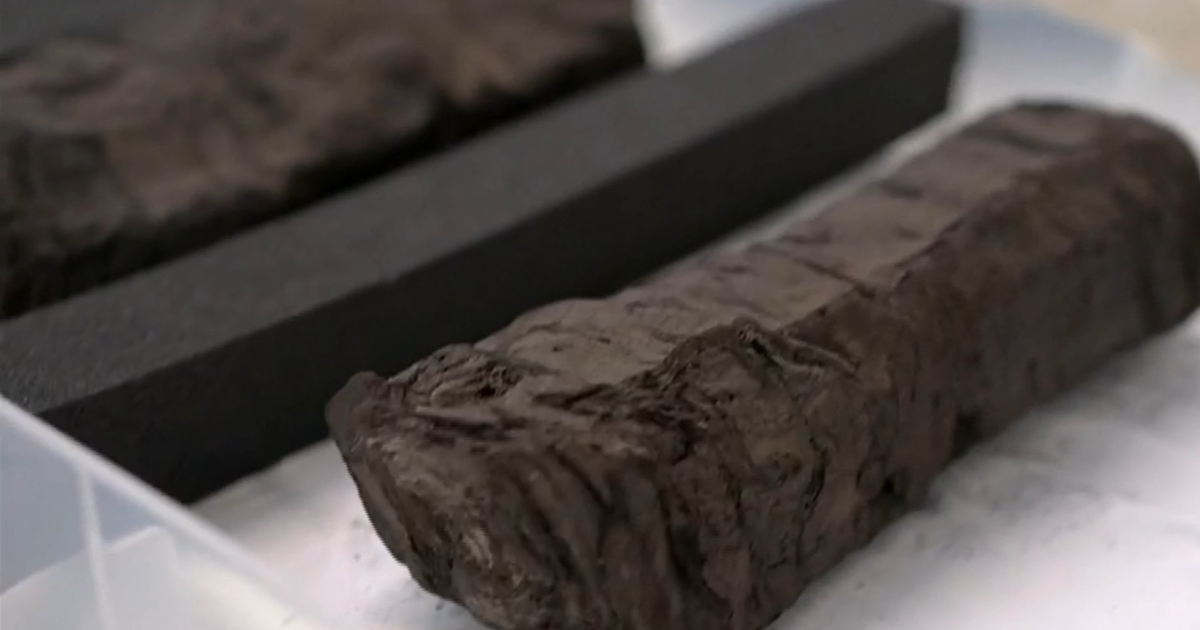On June 1, Ukraine carried out Operation Spiderweb, an 18-months-in-the-making covert operation in which 117 drones — secretly built inside Russia and concealed in and launched from trucks driven by unsuspecting local drivers — carried out coordinated attacks on five air bases across the country. According to Ukrainian security services, the strikes damaged one-third of Russia’s strategic cruise missile carriers causing billions of dollars of damage, and via drones worth around $400 each.
The audacious secret mission sounds like something straight out of a spy novel and the perfect story to be adapted for screen. In fact, it already has been and is now available to watch. We are, at the time of publication, still in the month of June.
“The Decisive Moment: Spiders in the Sky” — which has launched on YouTube less than four weeks after the event took place — is a five-minute short film telling its own version of the “most incredible drone operation ever.”
A narrator (a real-life British military drone operator working in Ukraine known as Big Mac) explains the entire mission, from a fake company being set up in a Russian industrial city to “killer drones” flying out the back of lorries and causing destructive havoc across air bases. It’s all highly dramatic — there are huge explosions, irate Russian generals and even, for a splash of 007, men disguised as Rabbis secretly disposing of their belongings in airport trash cans. Even for those who knew about Operation Spiderweb, it’s like an edge-of-the-seat thriller. As per its description, it’s “‘Mission: Impossible’ for the news: fast, emotional, and unforgettable.”
Of course, it’s all AI. But it was also made in under a week, effectively serving as a proof-of-concept for U.K.-based director Samir Mallal and his company OneDay to showcase what can be achieved using AI when it comes to such non-fiction storytelling.
“I wanted to use these new tools to tell a cinematic version of the news,” he explains. “I was thinking: what if Vice launched in 2025.”
A documentary-maker and Cannes Lions-winning commercials director whose film “Nollywood Babylon” premiered in Sundance in 2009, Mallal had spent the last two years “dabbling in AI.” But it was only when Google launched its latest AI video generator Veo3 at the end of May that he thought he had the tools to “make something that looked like a big budget Netflix documentary and turn it around as fast as possible.”
“Spiders in the Sky” was made using Veo3, OpenAI’s Sora and MidJourney, with Mallal feeding in replicated images that had been put out in the press by Ukraine from the mission, plus details already available — such as those of the Russian bases — alongside the AI tools’ own search and incredibly specific prompt capabilities. 99% of the graphics in the film were AI created.
There were efforts to keep as much to the facts as possible, with most of the details of Operation Spiderweb having already been reported on. Even the Ukrainian general in the film, says Mallal, “looks like the general that met with Zelenskyy,” with a photo of him used to create a character.
But then there are creative, fictional and even humorous elements too. In one moment, we see “Halo” character Master Chief charging through an airbase, with the narrator suggesting that 117 drones were selected because of the video game (the character’s full name is “Master Chief Petter Officer John-117). “These guys planning the operation grew up playing Halo,” he exclaims with a jovial tone in his voice.
“What I was very happy with about this process was the ability to take something in the news, dramatize it and add some humor. Normally it would take years to figure that out and have that level of detachment,” says Mallal. “Now to do this with something newsworthy, to me, is really interesting.”
In all, the entire production process took — from concept to completion— a week (and the idea itself came to Mallal a week after the Operation took place). While it’s difficult to put a price on it all, Mallal says it’s about as expensive as a high-end short film, in the region of $50,000.
But it was a cost OneDay took on itself, with “The Decisive Moment: Spiders in the Sky” set to be the first in a series to launch on YouTube in the hopes that studios or backers might be interested in funding more. A second is already in development, this time about the very recent bombing of Tehran by Israel.
These films, of course, are dealing with very real and highly sensitive geo-political situations and, unlike documentaries or most narrative retellings, are being made and released while events are still actually unfolding and on-the-ground facts are still blurred.
But Mallal insists that “The Decisive Moment” films will clearly be labelled as an “interpretation” of what happened, with viewers “literate enough” to recognize that.
“We are telling a truth, regardless of whether it is factual, and there’s a difference,” he says. “As artists, our job is not to express facts. Our job is to tell a story and bring our point of view to it and let people interpret things on an emotional and immersive level.”
And now, he says he’s able to do this at speeds unheard of before, at a fraction of the price of traditional production methods and without any of the usual hurdles.
“As somebody who’s been working in the industry for 30 years and always having had to go out and get permission to tell the story that I want to tell, I don’t want to have to get permission anymore,” he says. “I want to be the studio and make the work that I want to make and I don’t want it watered down. I think we’re entering this new era where one artist or a small team of artists, in this case, with the right tools, can do what used to take 100 people and a green light.”







.jpeg)
 English (US) ·
English (US) ·